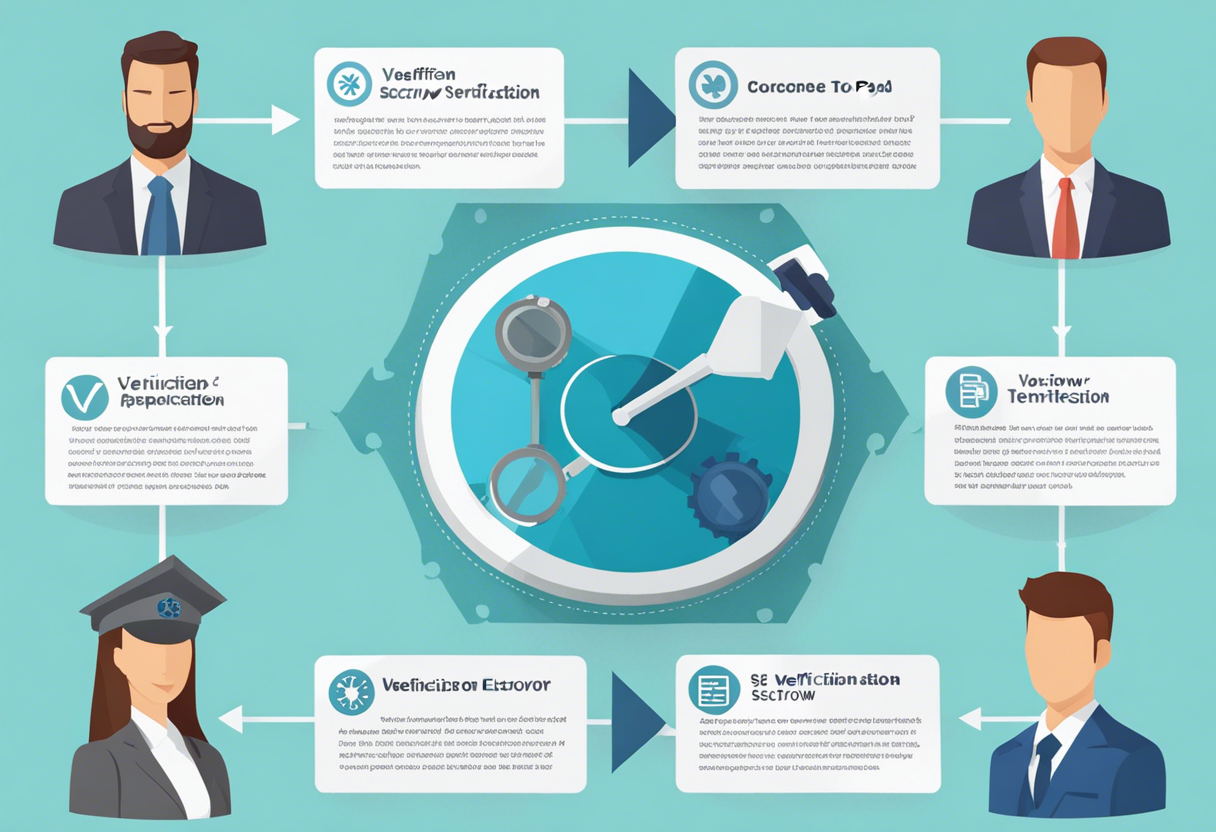Five Essential Aspects of Software Escrow Services That Hold the Key to Protecting Your Digital Assets
Software escrow services act as a trusted third party between a software developer (Licensor) and the user of the software (Licensee). Stored with escrow services, the source code protects both parties and ensures the longevity of the software. The Software can withstand various unpredictable circumstances, such as bankruptcy of the developer or unavailability of support. Beginning our journey, let's look into why and when companies consider these services critical.
Often, software is essential for companies to function. In cases where the software company goes bankrupt or ceases support, the companies relying on them can face significant issues. Software escrow services guard against such scenarios, ensuring that businesses can continue unhindered. Here, the service provider holds onto the source code of the software and releases it under predefined circumstances, allowing the Licensee to maintain and update the software independently.
The software escrow service ensures that the rights of both parties are protected, creating a level playing field. When negotiating contracts, whether the software vendor or the Licensee, this can be a significant advantage. The Software is kept safe, and with equal access ensured under specific conditions, both parties can feel comfortable moving forward.
The importance of Escrow Agreements

A pivotal component of Software Escrow Services is the escrow agreement. This legal document enumerates the terms and conditions, including the reasons for releasing the source code. To ensure that the agreement serves its purpose, it should be clear, detailed, and inclusive of all foreseeable scenarios.
For example, the contract should specify what constitutes the termination of support. Must the developer be completely out of business, or does it just mean there’s a significant reduction in its ability to support the licensed software? Detailed and clear criteria maximize the agreement's effectiveness and eliminate ambiguity.
Without a comprehensive escrow agreement, the safeguarding functions of a software escrow service would be moot. It's the cornerstone of the service, and time and attention should be spent on its creation.
Verification Testing: A Must-Have in Software Escrow

Software escrow service extends beyond mere storage of source code. Essential to the process is verification testing. That is the examination of the stored software’s source code to ensure it is complete, functional, and updated.
Verification increases trust levels among all parties. The Licensee gains confidence that the software can be adequately maintained if necessary, and the Licensor can reassure Licensees that their deposit meets the requirements. If inadequacies are discovered during verification, rectification occurs before a problem arises, ensuring peace of mind for all involved.
The absence of such an aspect could lead to the release of incomplete or non-functional code, negating the purpose of software escrow. Therefore, verification testing is a cornerstone of best-practice software escrow services.
Regular Updates of Deposited Software

Software is rarely static; it evolves over time. Regular updates are another crucial aspect of software escrow services. The code stored in escrow needs to reflect the latest version being used by the Licensee.
In cases where the developer fails, the Licensee is ensured the most recently updated version of the software. Additionally, this encourages vendors to maintain and update their software regularly, contributing to the software quality and continuity across all stages.
The process of updating deposited software needs to be simple and efficient, encouraging software suppliers to participate.
Role of Escrow in Cloud and SaaS

Software as a Service (SaaS) and cloud software solutions have become increasingly popular. These pose unique challenges for software escrow services, as the cloud-hosted nature of these solutions renders conventional depositing methods ineffective.
To overcome this, new escrow agreements are tailored to cater to SaaS software protection. These might include specifics about data backup, data migration procedures, and access to databases and servers. Incorporating these elements ensure businesses can continue with minimal disruption even in the event of the software provider’s failure.
Escrow services adapted for cloud-based solutions ensure that companies relying on SaaS applications continue with business as usual, despite unforeseen circumstances. Those intending to harness or already using SaaS solutions need to consider this when looking into software escrow services.







